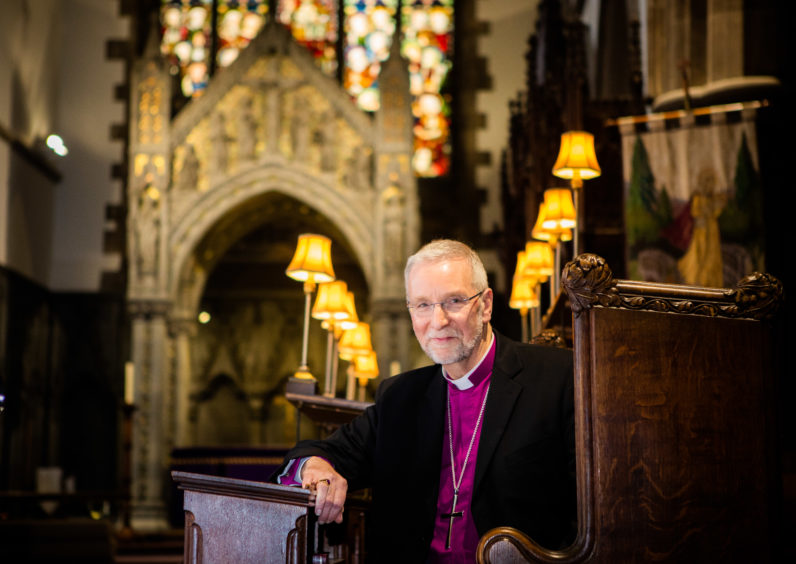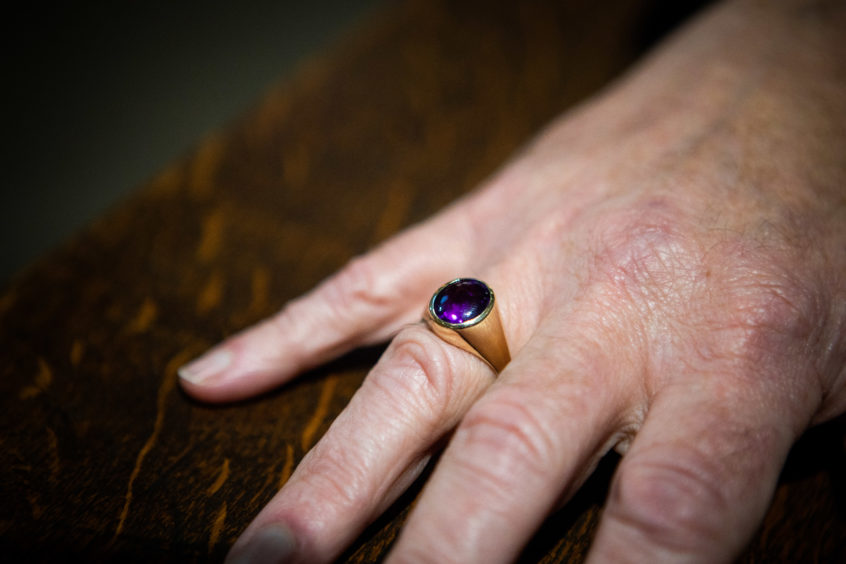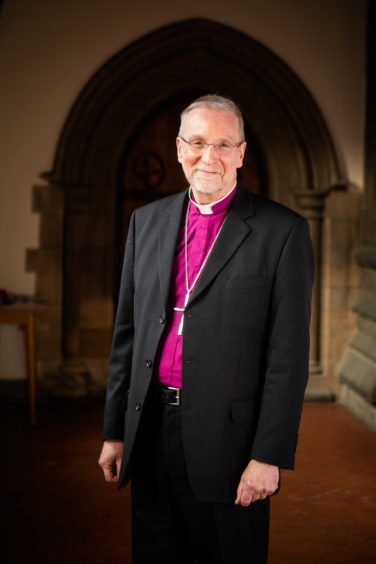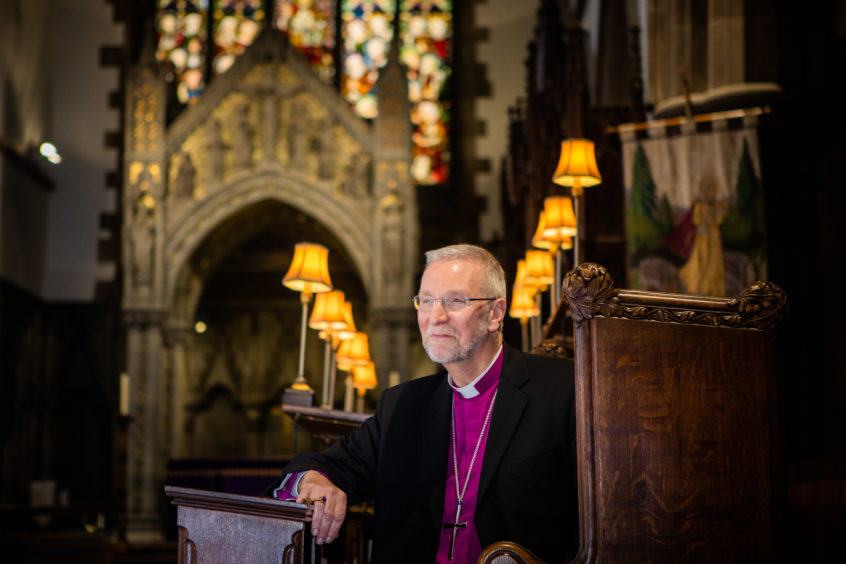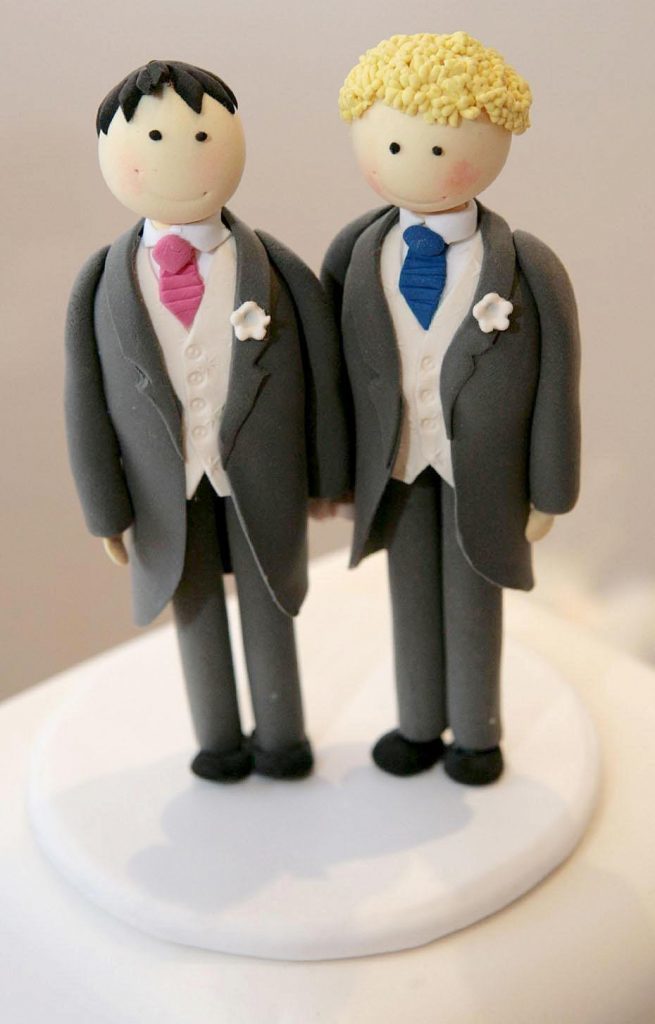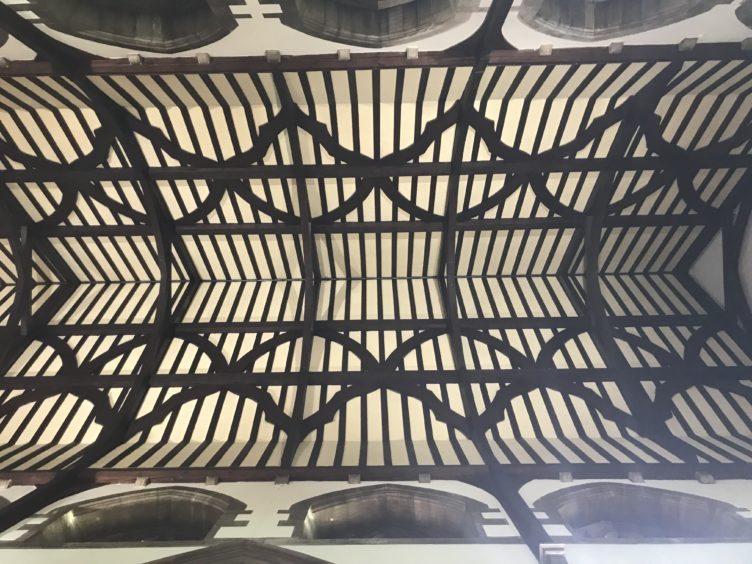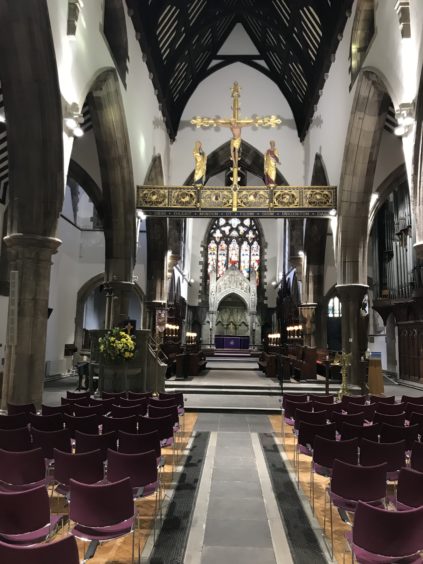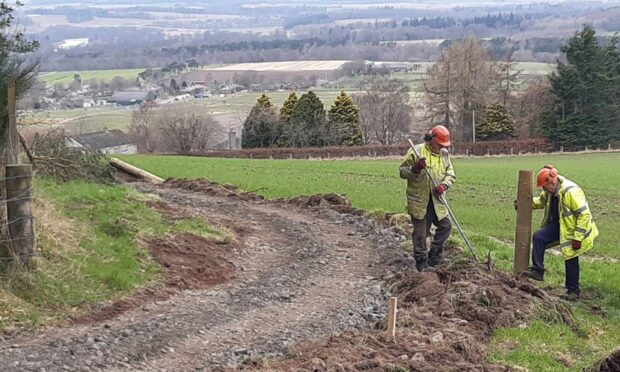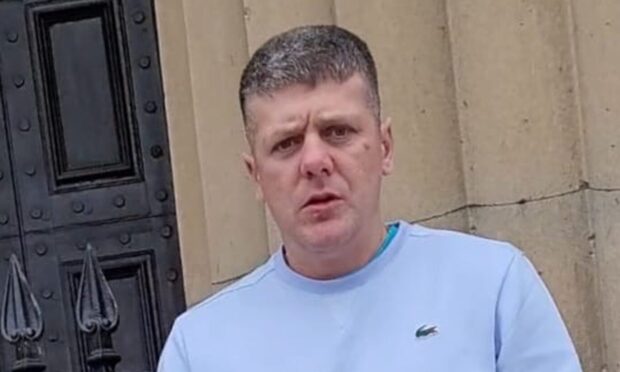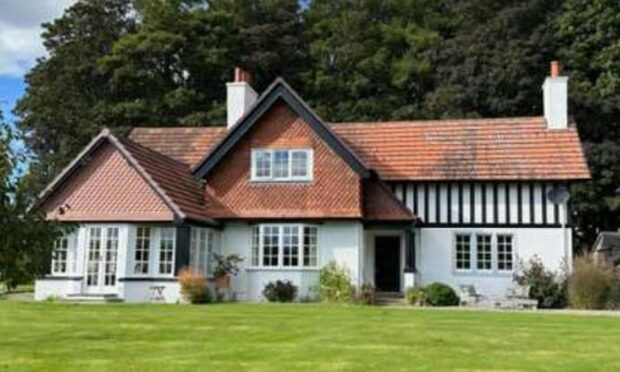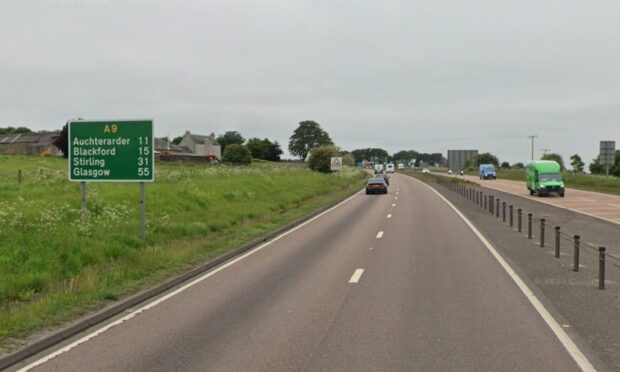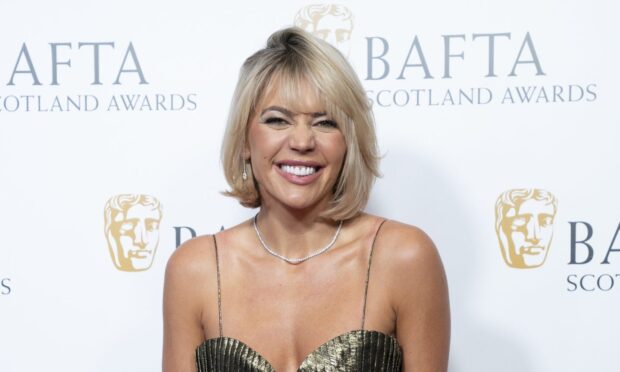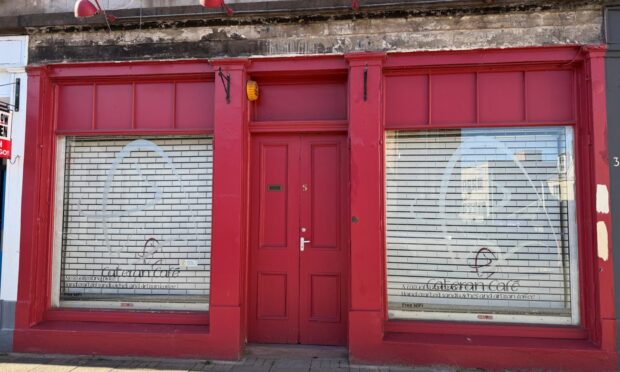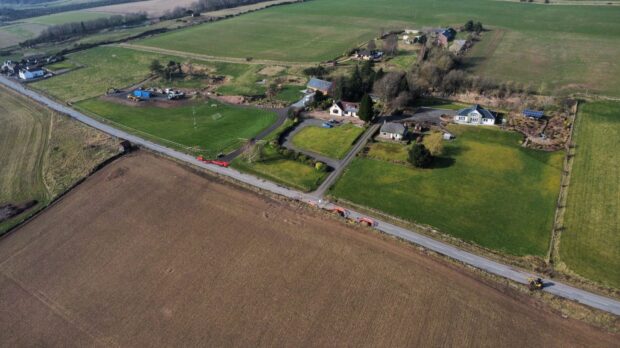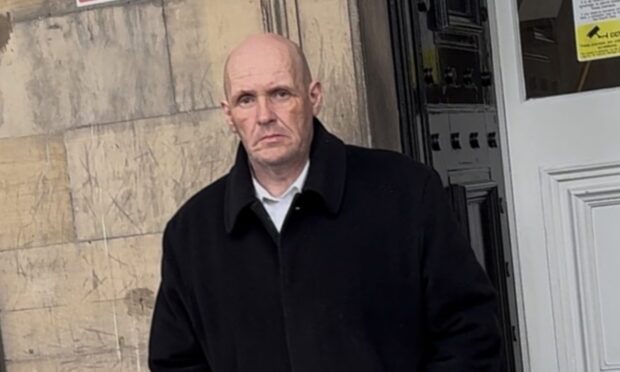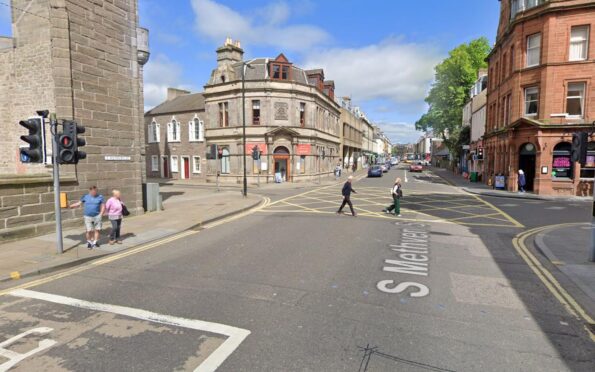Michael Alexander meets the newly installed Bishop of St Andrews, Dunkeld and Dunblane Ian Paton at the seat of the Scottish Episcopal Church in Perth.
Seated in Perth’s architecturally historic St Ninian’s Cathedral which recently underwent a £1 million restoration, the Bishop of St Andrews, Dunkeld and Dunblane Ian Paton is explaining how his recent installation ceremony reflected the Scottish Episcopal Church’s “hope for the future” – and how the ‘Bishop Bling’ he now wears everyday reminds him of where he’s come from and where he’s going.
“The cross which sits next to my heart represents the people I served for 21 years,” he says, explaining that it was a farewell gift from his former parish at Old St Paul’s Church, Edinburgh, where he was rector since 1997.
“The ‘Episcopal Ring’ I’m wearing – a bishop’s ring featuring a purple amethyst – a semi-precious stone – is a gift from the people of the diocese of St Andrews to me.
“Amethysts are often seen as a symbol of healing. One of the reasons for the church existing is to help with healing – to put things back together. So the ‘bling’ is like a link with two sets of people before and now. That’s how I think of it.”
Born and raised in Liverpool, Bishop Paton, 61, a married father-of-four, feels as if he has “come home” to Perth because his Fife-born dad, from Kingskettle, was brought up in the Craigie area of the city, just two streets away from where the official bishop’s house is now. The bishop’s aunt, uncle and cousins still live in the Fair City which he got to know well during visits as a child.
Having joined the choir at an Anglican church in Liverpool aged eight “to avoid Sunday School”, he admits he wasn’t particularly interested in the faith side of religion a s a youngster.
It was at the age of 21, however, while studying history at Cambridge University that he had this overwhelming desire to become a priest – and he was ordained aged 25.
“It came on me,” he smiles. “I didn’t decide. It was a bit like falling in love. It just kind of happens and you go with it. It just seems right. I didn’t feel as if I had an alternative. I did it because the most real thing I could perceive was God. It wasn’t an idea – to me it was a person. The most real thing I could perceive and understand through the trials and tribulations of life.”
Bishop Paton says it can be difficult being a person of faith because you can “think of all the arguments against it”.
However, he always differentiates between “church and heaven”, adding: “Traditional Christian doctrine says there is no church in heaven. So even the faultiness of the church didn’t put me off God!”
Bishop Paton is “well aware” of the challenges facing churches in general with declining congregations and the need to define their “relevance” in 21st century society.
The Episcopal church has around 7000 members in the whole diocese and Episcopalians account for around just 1% of the Scottish population.
However, he believes that because the Episcopal church is relatively small and is a “bit in-between” being protestant and Catholic, he feels it’s a “little more nimble”.
“Some of our congregations are very small – some have 20 people meeting in a small church in the hinterland of Perthshire or out in Fife,” he says. “But they are doing amazing things in their community. They are running lunch clubs for pensioners, they are running holiday clubs for kids, running foodbanks – often with other Christians.
“And when there is a need in the community and because we are small, we can respond sometimes more quickly than our big brothers and big sisters can.”
Bishop Paton says that even within Anglican churches worldwide, the Scottish Episcopal Church has been able to “move more quickly on some things”.
For example, more than a year ago it became the first to approve same sex marriage in church – although there has been a difference of opinion with one Edinburgh Episcopal church making moves to leave in protest.
“A lot of churches have got big problems with what to do with their history,” he says.
“And yet we have been able to move and respond to the needs of LGBTi people who come to us and say ‘can we get married in church?’
“We do respect history and tradition but because we are small we are able to get together to talk about what this means and how we should respond – questions that other churches have got to take a lot longer to think about.”
Bishop Paton is conscious that we live in times where a contentious issue like Brexit has led to divisions on issues like immigration.
However, he believes the church has an important role to play in ensuring that such issues don’t throw people apart.
“I know that sounds like squaring a circle,” he says.
“But actually in terms of the spirit of things I think it is possible to find compromises – you’ve got to make sure those who are really disadvantaged by political decisions are not left at the bottom and ignored.”
As a relative newcomer to the Perthshire, Fife and Stirlingshire area, Bishop Paton is still learning about local issues and geography.
However, he is already conscious there are pockets where employment has “fallen through the floor”, where traditional industries have now gone, and where they haven’t yet been replaced by new industries.
He is particularly concerned about young people in the area – particularly in the rural parts of the diocese where locally it’s very difficult for them to find jobs – and where the wealth gap is widening.
Away from work, Bishop Paton enjoys theatre, concerts and hill walking.
However, his priority is to get to know the churches, congregations and communities he represents.
“If people want to know what I’m really about – my philosophy of life – I am a Christian disciple like all the other people in the church,” he says.
“But I believe the Christian gospel boils down to one single thing which is love. It’s a basic human quality that gets overlaid by the stresses of modern life – especially in hard times like these. But it’s what makes us human. And every single person has got the capacity to love.
“All our systems, our society, our justice, our relationships and in the end our work is based on that.
“I think that’s what the gospel and all religion in the end is about – and that’s what anyone interested in humanity is about.
“If I can get people to be more aware of that and express it with other people – whether religious or not – in a few years’ time I’ll be a very happy person.”
